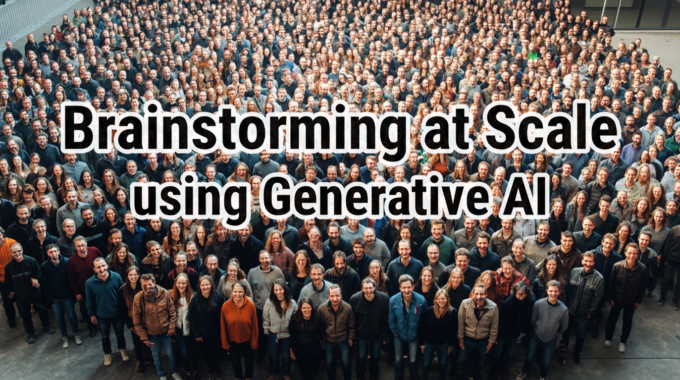Unanimous A.I.’s Run of Predictive Success Continues at the 59th Annual Grammy Awards
While much of the music industry is still buzzing over Adele’s historic haul at the 59th Grammy Awards on Sunday, she wasn’t the only one who had a big night. A Friday afternoon “swarm” arranged by researchers at Unanimous AI consisting of 30 casual music fans was able to successfully predict the winners in five of Sunday’s seven major awards categories. In contrast, the Grammys’ own poll of music fans struck out completely, missing in every major category. In fact, Unanimous AI’s swarm of casual fans were able to also beat industry experts at such publications as Billboard and Rolling Stone.

The accuracy of these predictions shouldn’t be surprising at this point. Unanimous AI, using the UNU platform, predicted the exact score of the Super Bowl last week, as well as calling the eventual winners of the World Series and Stanley Cup playoffs well in advance. Most impressively, UNU nailed the Kentucky Derby superfecta last spring, predicting the first four horses across the wire in order, a feast Newsweek called the “Holy Grail of Gambling.”
UNU brings groups of participants together in a lively, real-time setting to tap into the natural intelligence of the “swarm.” Based on the same scientific principles observed in nature when bees build hives or birds flock together, Artifical Swarm Intelligence has proven time and again to amplify intelligence. The predictions and decisions from swarms on UNU are not only more accurate than that of any individual participant, they’re also typically more accurate than most expert forecasts. And, as we saw last night, they’re much more accurate than polls.
The 59th Grammy Awards are a case in point. In addition to all the expert predictions you’d expect, the Grammys arranged their own poll of fans to pick the winners in the major categories on Sunday. The results of that poll were inaccurate across all the major award categories, and demonstrate a fundamental problem with polling. Typically, individuals who respond to polls aren’t typically encouraged to think broadly or beyond personal preferences and perceptions, nor are they encouraged to work together to optimize performance. The result can be inaccuracies that can be traced to the process itself. Even when thousands of users are participating in the poll, their answers clearly show that the most popular answer isn’t always the best one.
In contrast, users are compelled to work together in real-time on UNU, and so Swarm A.I. is able to drastically improve their performance. The ecosystem harnesses individual perceptions and insight into a swarm consensus that produces astonishingly accurate results. Take the Best New Artist Grammy Award Swarm A.I. shown below. There’s quite a bit of initial difference of individual opinion between The Chainsmokers and Chance The Rapper. Eventually, the conviction of swarm participants who were pulling towards the Chance answer was able to convince more malleable Chainsmokers proponents, and the swarm arrived at an answer that turned out to be correct. By comparing the results of this Swarm A.I. to the Grammy poll results, you can see how Artificial Swarm Intelligence easily outperforms a traditional popular opinion survey.

The Swarm A.I. exhibited through UNU doesn’t just thrive in comparison against public opinion polls, however. Swarms have regularly outperformed the predictions of industry experts in sports, politics and yes, the entertainment industry. For this year’s Grammy Awards, a group of 30 casual fans spent 15 minutes to create predictions that were more accurate than veteran critics and experts at venerable publications like Billboard Magazine and Rolling Stone. Even up against new media sites such as Vulture and Consequence of Sound, UNU’s accuracy was superior.
Stay tuned later this month, as Unanimous A.I. puts the swarm to work predicting the Academy Awards, as well as considering the NHL, college basketball, and political trends worth spotting. If you’d like to be part of future swarms that take on suspect opinion polls and expert predictions, just drop us a line below.


